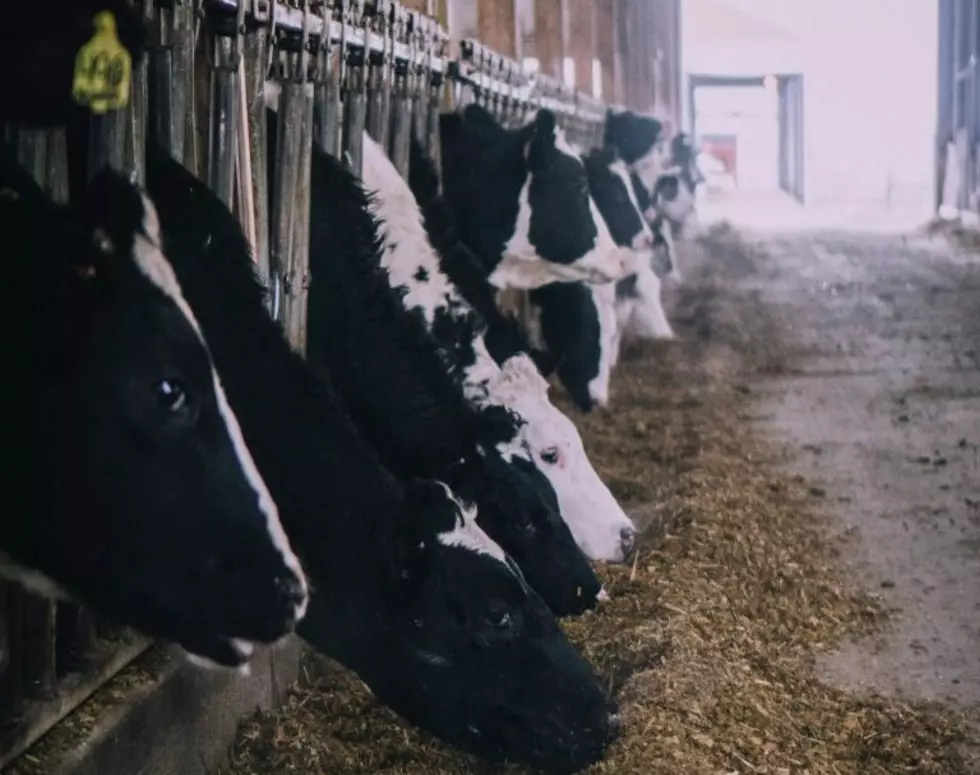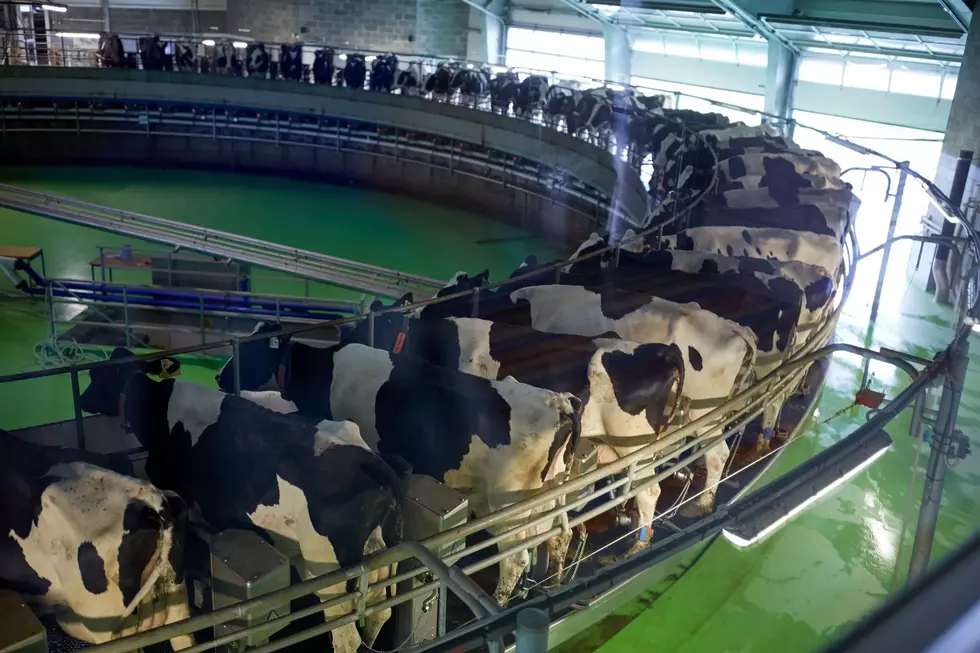
Dairy Producers Challenged by Winter
The wild winter has presented challenges to dairy producers who have to worry about their animals, the drainage on their property and additional costs brought on by both.
Craig McConnel, an assistant professor with WSU’s Veterinary Medicine program, said there is increased disease pressure, concerns about getting enough food, in particular for calves.
“We’re still in the real that is quite stressful for them so it’s very important, and I think most people recognize this but sometimes we let our guard down, to consistently continue to pay attention to the younger calves in particular as we move into what feels like warmer spring weather.”
McConnel said calves aren’t truly comfortable and out of the woods until the temperature is around 65-70 degrees.
And with the spring comes melting of snow which can create drainage issues which means more mud and that could lead to more infections and diseases amongst the animals.
McConnel noted, “It’s really important coming out of this time of year moving into the muddy season to think about hygiene, to think about good bedding, to think about things like keeping the calves as dry as possible and having them as protected from elements such as the wind as well so that if they’re not necessarily dry the wind is not cutting into their metabolic needs as well.”
If you have a story idea for the Washington Ag Network, call (509) 547-1618, or e-mail krounce@cherrycreekradio.com.
More From PNW Ag Network









